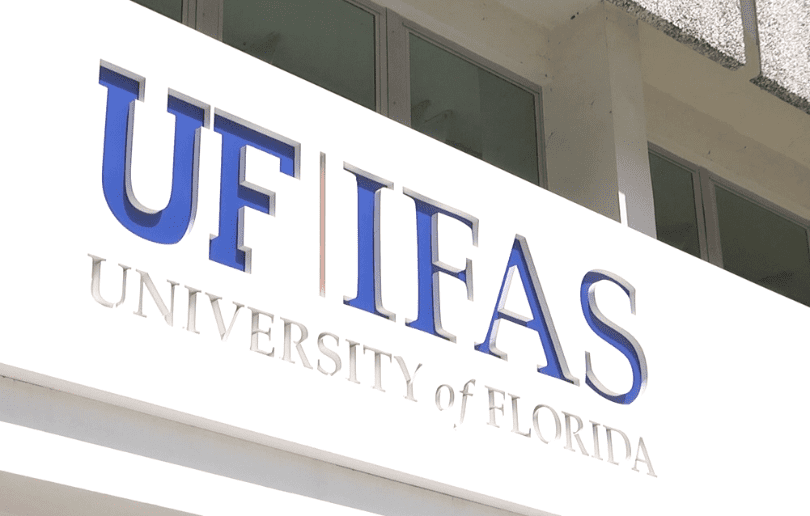June 21, 2020 By: Jim Frankowiak TAMPA - A new University of Florida/Institute of Food and Agricultural Sciences (UF/IFAS) grant program is pro
June 21, 2020
By: Jim Frankowiak
TAMPA – A new University of Florida/Institute of Food and Agricultural Sciences (UF/IFAS) grant program is providing over $1.2 million in funding to further research and education of emerging agricultural enterprises in Florida such as deer farming, oyster farming, and others.

To promote and grow integrated UF/IFAS research and Extension efforts toward new agricultural enterprises, UF/IFAS developed the Support for Emerging Enterprise Development Integration Teams (SEEDIT) program.
The 19 SEEDIT projects include 176 faculty and staff, 14 UF/IFAS academic units, and seven research and education centers statewide. Projects represent diverse and novel agricultural sectors for Florida including research to establish a vanilla industry, barley research, and facilitating marine baitfish aquaculture industry development.
Among the 19 projects are two in the Tampa Bay area:
- Polk County – An integrated program to break the chokepoints in commercial production of blackberries.
- Hillsborough County – A project to popularize the HLB tolerant Australian Finger Lime Fruit.
The SEEDIT project fits into a larger vision of UF/IFAS research to boost partnerships between the university and businesses within the agriculture industry. When reviewing applications for the SEEDIT grants, the review committee looked for research and Extension teams that would work closely together and had ideas for emerging enterprises. Specifically, new industries and crops that UF/IFAS preliminary data suggests would be promising for the state of Florida.
Teams had to show strong familiarization of the enterprise, can work well together both on the research and the outreach through Extension, and that the enterprise is well suited for a public-private partnership with industry leaders around the state.
While grants like SEEDIT are not new in concept, this is the first program of its kind for UF/IFAS. The goal for the SEEDIT projects is to develop data and information to present back to the industry to determine if the proposed enterprises are of interest, and if so, for UF/IFAS to pursue further.
The SEEDIT program began before COVID-19, but the program’s importance grew as Florida agriculture faces challenges due to the pandemic.
